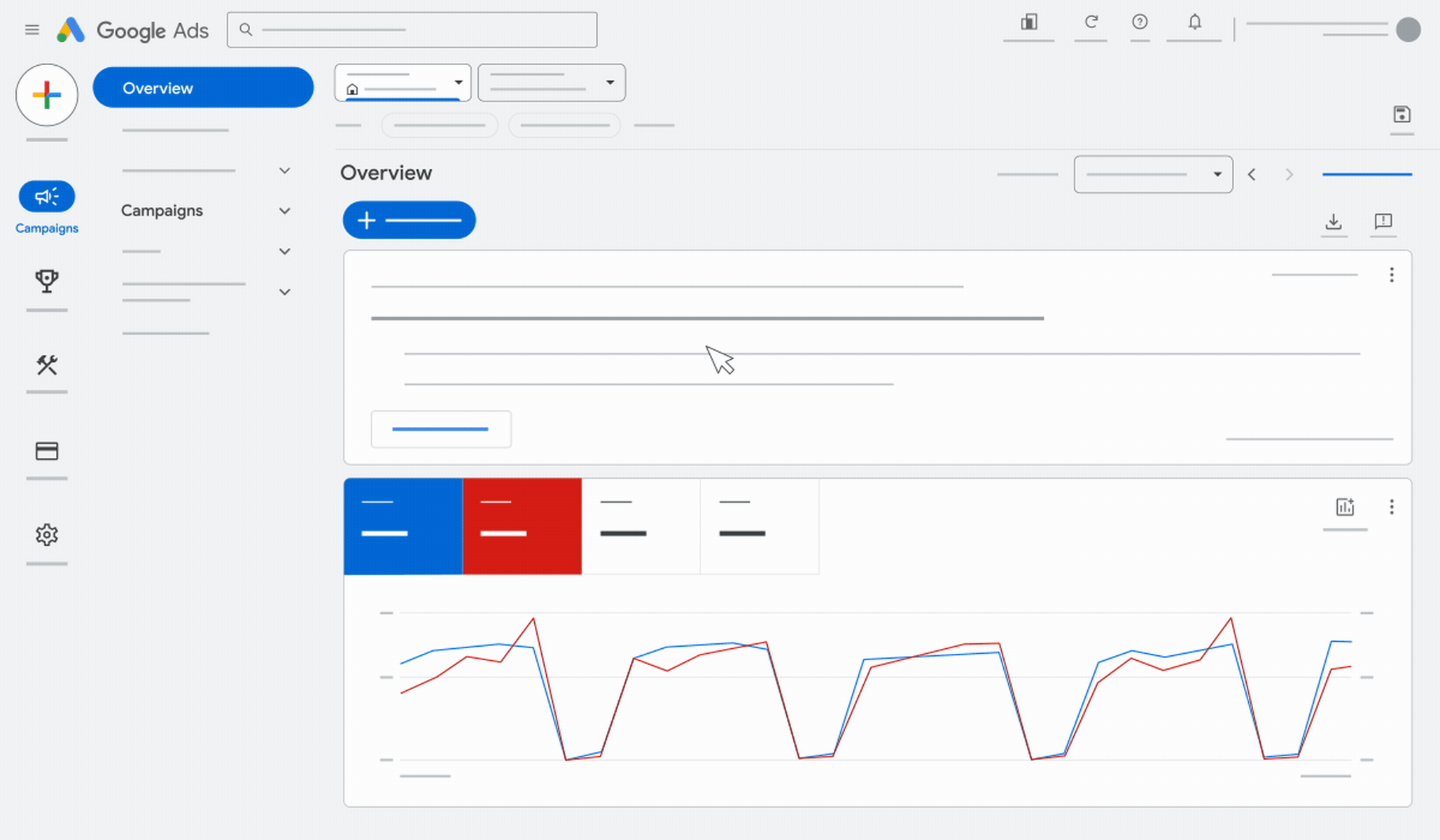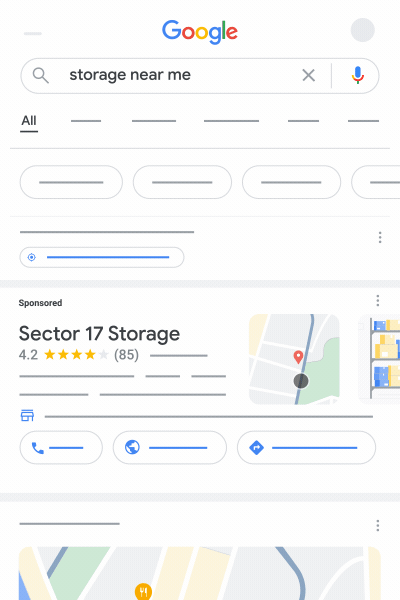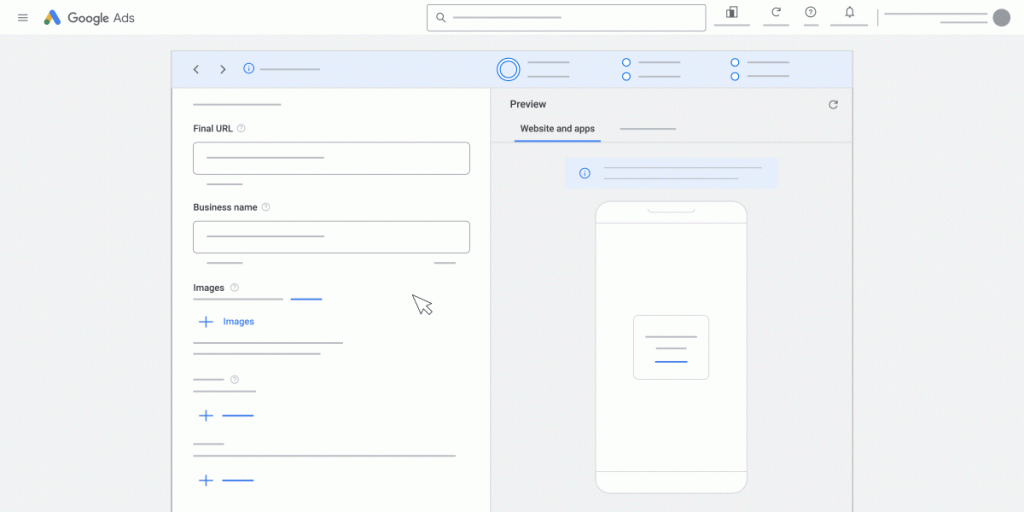Top Questions to Ask a PPC Advertising Agency
Choosing the right PPC ads agency is a critical decision for any business investing in paid Google advertising. The agency you partner with will play a direct role in how efficiently you generate leads, acquire new customers, and grow your brand online.
Whether you’re just getting started with Google Ads or looking to improve your current campaigns, asking the right questions can help you evaluate potential partners and set clear expectations. This guide walks you through the most important questions to ask a digital marketing ad agency, what makes a strong PPC ad, and how to ensure your campaigns are profitable from day one.


What Questions Should You Ask a Digital Marketing Agency?
A successful partnership with a Google Ads digital advertising agency starts with asking the right questions. These early conversations help set the tone for your relationship and give you insight into how the agency thinks, communicates, and operates. More importantly, asking thoughtful, strategic questions allows you to evaluate whether a potential partner has the experience, processes, and transparency you need to get real results from paid Google advertising.
Here are some of the most important questions to ask during your consultation—and what to listen for in their responses.
Not all industries advertise the same way. A great Google Ads agency will understand your audience’s behaviors, search intent, and decision-making journey. Ask whether they’ve worked with businesses like yours—whether that’s a local service provider, an eCommerce brand, or a B2B organization. Request examples or case studies to see how they’ve tackled industry-specific challenges and what kind of results they’ve delivered.
An agency that’s already familiar with your niche won’t have to start from scratch, which means faster campaign setup, more strategic ad targeting, and a better return on investment.
Well-organized campaigns are key to successful PPC ads management. Ask how they group keywords, structure campaigns, and align ads with your business goals. A qualified agency will be able to explain why they separate branded and non-branded traffic, how they use match types, and how they organize ad groups for maximum control and visibility.
Segmentation matters—especially when it comes to testing and optimizing. The agency should also talk about how they layer audiences, geography, devices, and demographics to create tailored messaging for different customer segments.
It’s important to know who you’ll be working with once the contract is signed. Will you have a dedicated account manager or strategist? Or will your campaign be passed off to a rotating team or outsourced contractor?
A trustworthy Google advertising agency will assign a consistent point of contact—someone who understands your brand, goals, and marketing history. This continuity leads to better communication, faster turnarounds, and more informed decision-making over time.
Paid Google advertising is not a “set it and forget it” strategy. Campaigns need regular attention to stay competitive. Ask how frequently the agency reviews performance, makes adjustments, and tests new ad variations. While some campaigns may require daily oversight, most accounts should be actively optimized at least weekly.
Listen for mentions of A/B testing, budget reallocation, keyword pruning, and ongoing performance monitoring. If they’re not proactively managing your account, you’re missing out on opportunities—and potentially wasting ad spend.
Clear, consistent reporting is essential. Ask how often you’ll receive updates, what platforms or tools they use, and which key performance indicators (KPIs) they track. Common metrics include impressions, click-through rate (CTR), cost-per-click (CPC), cost-per-acquisition (CPA), and return on ad spend (ROAS).
But don’t settle for raw numbers. A strong digital marketing ad agency will deliver insights—explaining what’s working, what’s not, and what’s being done about it. Transparent, actionable reporting builds trust and makes collaboration easier.
PPC ads agencies use a range of bidding strategies depending on your goals. Ask whether they use manual bidding for control, automated bidding for efficiency, or smart bidding strategies like Target CPA or Target ROAS.
The right agency should be able to explain the pros and cons of each approach—and when it’s appropriate to switch. They should also adjust bidding strategies over time as your data grows and campaign performance evolves.
It’s easy to get distracted by vanity metrics like clicks or impressions, but what really matters is whether your campaigns generate real business outcomes. Ask how the agency defines success, tracks conversions, and ties PPC performance back to leads, sales, or other meaningful goals.
Look for an advertising agency that goes beyond surface-level reporting to show how their work impacts your bottom line. That’s how you know they’re truly invested in your growth.
Working with a certified Google ads company gives you peace of mind that the team understands best practices and stays current with platform changes. Ask about certifications, access to beta tools, and whether they have a direct line to Google support.
While certification alone isn’t a guarantee of success, it’s a sign that the agency is committed to maintaining a high standard of excellence.
What Makes a Good PPC Ad?
When it comes to paid Google advertising, the effectiveness of your campaign isn’t determined solely by how much you spend—it’s about how strategically you spend it. The true power of a PPC ad lies in its quality, relevance, and ability to drive meaningful user actions. A well-crafted ad can improve your visibility, lower your cost-per-click, and significantly boost your conversion rate.
What makes a PPC ad effective? Here are the core elements that contribute to high-performing, results-driven ads.
1. Relevance to Search Intent
At the heart of every good ad is relevance. Your PPC ad should closely match the keywords your audience is searching for—and reflect the intent behind those searches. If someone is looking for “emergency HVAC repair,” your ad should address that directly in both the headline and the description.
A Google Ads digital advertising agency will align your ad copy with the user’s search query, helping increase your Quality Score—Google’s internal rating of your ad’s relevance and performance. Higher Quality Scores lead to better ad placements and lower costs per click, giving you more results for less spend.
2. Strong Value Proposition
Why should a user choose your ad over the others? Your Google advertising agency should be able to clearly define what sets your business apart and use that information to craft compelling ad copy. Whether it’s “Same-Day Service,” “No Hidden Fees,” “Free Consultations,” or “Locally Owned & Operated,” a strong value proposition gives users a reason to click.
In competitive markets, a clear differentiator can make or break your campaign. The goal is to communicate your unique benefits in just a few characters—so they need to be sharp, specific, and appealing.
3. Clear Call-to-Action (CTA)
Every PPC ad should include a call-to-action that tells users exactly what to do next. Whether it’s “Call Now,” “Book Your Free Estimate,” or “Buy Online Today,” the CTA guides the user and helps increase conversions.
Without a CTA, even the most beautifully written ad may fall flat. A good PPC ads agency understands that great ads not only catch attention—they move the customer forward in their journey.
4. Use of Ad Extensions
Ad extensions are powerful tools that many businesses underutilize. By adding sitelinks, callouts, structured snippets, location extensions, and call extensions, you can increase your ad’s visibility and provide additional reasons for users to click.
These extensions not only expand your ad’s size in the search results but also improve click-through rates by offering more opportunities for engagement. A knowledgeable Google ads company will know which extensions to use based on your campaign goals and business type.
5. Targeted Audience Matching
No matter how good your ad is, it won’t work if the wrong people see it. That’s why audience targeting is essential. Your Google ad management service should use targeting settings that match your ideal customers—by device type, location, language, time of day, audience interests, and even past behaviors.
This level of precision helps ensure your ads are only shown to users who are most likely to convert. It also prevents wasted spend on irrelevant clicks, improving your overall return on investment.
6. Ongoing Testing
PPC advertising is never “set it and forget it.” Even the best ads can become stale over time. That’s why a great PPC ads management strategy includes continuous A/B testing of headlines, descriptions, calls to action, and landing pages.
Testing helps uncover which combinations perform best, allowing your digital marketing ad agency to make informed adjustments. Small changes—like swapping in a stronger CTA or rephrasing a headline—can lead to significant improvements in performance.
When Everything Comes Together

When these six elements are working together, your ad does more than just get clicks—it drives conversions. It reaches the right people, speaks directly to their needs, and makes it easy for them to take the next step.
A skilled Google Ads agency doesn’t just write ad copy. They blend strategy, creativity, analytics, and testing to build high-converting ads that evolve with your business. Whether you’re promoting local services, eCommerce products, or enterprise solutions, good PPC advertising is about delivering the right message to the right person at the right time.
If you’re still learning about what makes a digital ad strategy work, take the time to read our guide on How to Choose the Right Google Ads Agency for Your Business. It’s a valuable resource for identifying the right partner who can help turn your paid advertising into real business growth.
How Can You Ensure That Your PPC Ads Are Profitable?
Profitability in PPC is more than just getting traffic—it’s about achieving a positive return on your investment. Whether your goal is lead generation, e-commerce sales, or brand awareness, here’s how a professional Google Ads digital advertising agency ensures your campaigns generate profit, not just clicks.
Before launching any campaign, your agency should ask: What’s the goal? Is it phone calls, form fills, purchases, or appointments? This helps determine how to structure the campaign and which KPIs to prioritize.
To calculate ROI, you need to track conversions effectively. That means installing conversion tags, setting up goals in Google Analytics, and monitoring events like button clicks or completed transactions. An experienced Google ads company will handle this setup for you.
Your ads should target people who are ready to buy or inquire—not just browsing. Your agency should identify high-intent keywords with commercial intent and build campaigns around them. This reduces wasted spend and improves lead quality.
Profitability also means avoiding the wrong clicks. A reliable PPC ads management provider will maintain a growing list of negative keywords to prevent your ads from showing on irrelevant searches.
The better your Quality Score, the less you pay per click—and the higher your ad ranks. Your Google advertising agency will improve this score by optimizing ad relevance, landing page experience, and expected CTR.
Your landing page is where conversions happen. A strong digital marketing ad agency will optimize your landing pages for speed, clarity, mobile responsiveness, and persuasive content—ultimately improving your conversion rate and ROI.
Once campaigns are profitable, your pay per click agency can help you scale. That might include expanding geographic targeting, increasing daily budgets, or duplicating successful strategies across new products, services, or locations.
PPC profitability doesn’t happen by accident—it’s the result of careful planning, precise targeting, and ongoing management by a trusted Google ads agency.
What a Top PPC Agency Brings to the Table
Choosing a high-performing PPC ads agency means partnering with a team that:
- Understands your business model and audience
- Has experience across various industries and campaign types
- Offers proactive management, not reactive reporting
- Prioritizes data-driven decisions and measurable outcomes
- Communicates regularly and transparently
- Helps you set realistic goals and exceed them
A quality Google ad management service won’t just “spend your budget”—they’ll treat it like an investment, protecting every dollar while working to deliver long-term, scalable growth.
Ready to Partner with a Proven PPC Ads Agency?

At Optimize Worldwide, we help service providers, retailers, and B2B companies across the U.S. turn their advertising budgets into qualified leads, new customers, and lasting growth. Our hands-on approach to PPC ads management means your campaigns are always evolving, always improving, and always aligned with your goals.
From Google Search to YouTube, Display to Remarketing—we do more than manage clicks. We manage results.